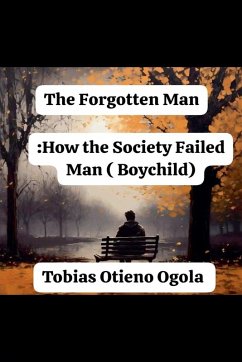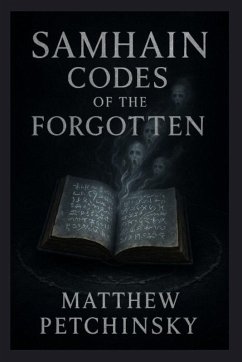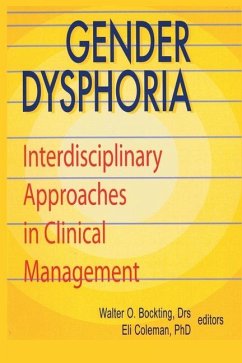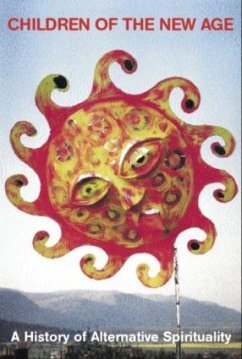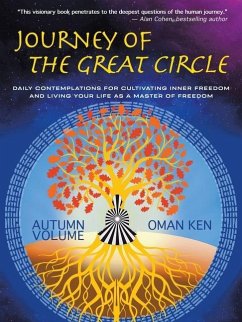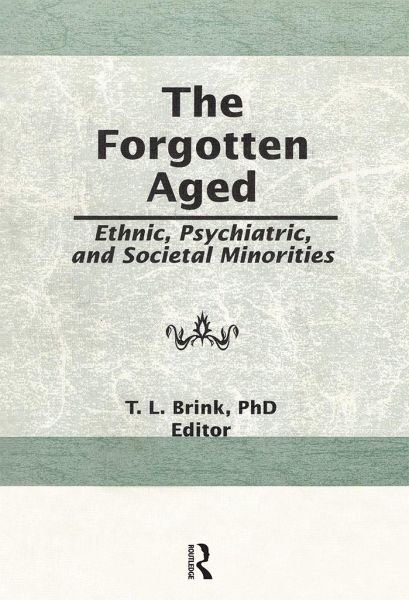
The Forgotten Aged
Ethnic, Psychiatric, and Societal Minorities
Versandkostenfrei!
Versandfertig in 1-2 Wochen
52,99 €
inkl. MwSt.
Weitere Ausgaben:

PAYBACK Punkte
26 °P sammeln!
This helpful book explores mental health issues relating to elders who do not fit into the usual mold for research--white, married or widowed, urban or suburban persons with adult children. The Forgotten Aged focuses on those groups of elders often overlooked in gerontological literature--elder African-Americans, rural aged, gay and lesbian aged, parents of developmentally disabled offspring, older developmentally disabled persons themselves, and orphan elders (those who do not have close family members who can serve as caretakers). The book offers how to advice on issues such as outreach, int...
This helpful book explores mental health issues relating to elders who do not fit into the usual mold for research--white, married or widowed, urban or suburban persons with adult children. The Forgotten Aged focuses on those groups of elders often overlooked in gerontological literature--elder African-Americans, rural aged, gay and lesbian aged, parents of developmentally disabled offspring, older developmentally disabled persons themselves, and orphan elders (those who do not have close family members who can serve as caretakers). The book offers how to advice on issues such as outreach, intervention, residential placement and transition, assessment, psychotherapy, and team building to help readers learn effective ways of helping elderly persons from these various groups. With an optimistic tone, it explores how more attention and resources, combined with flexible modifications of programs and practices, can yield favorable results for everyone involved.





